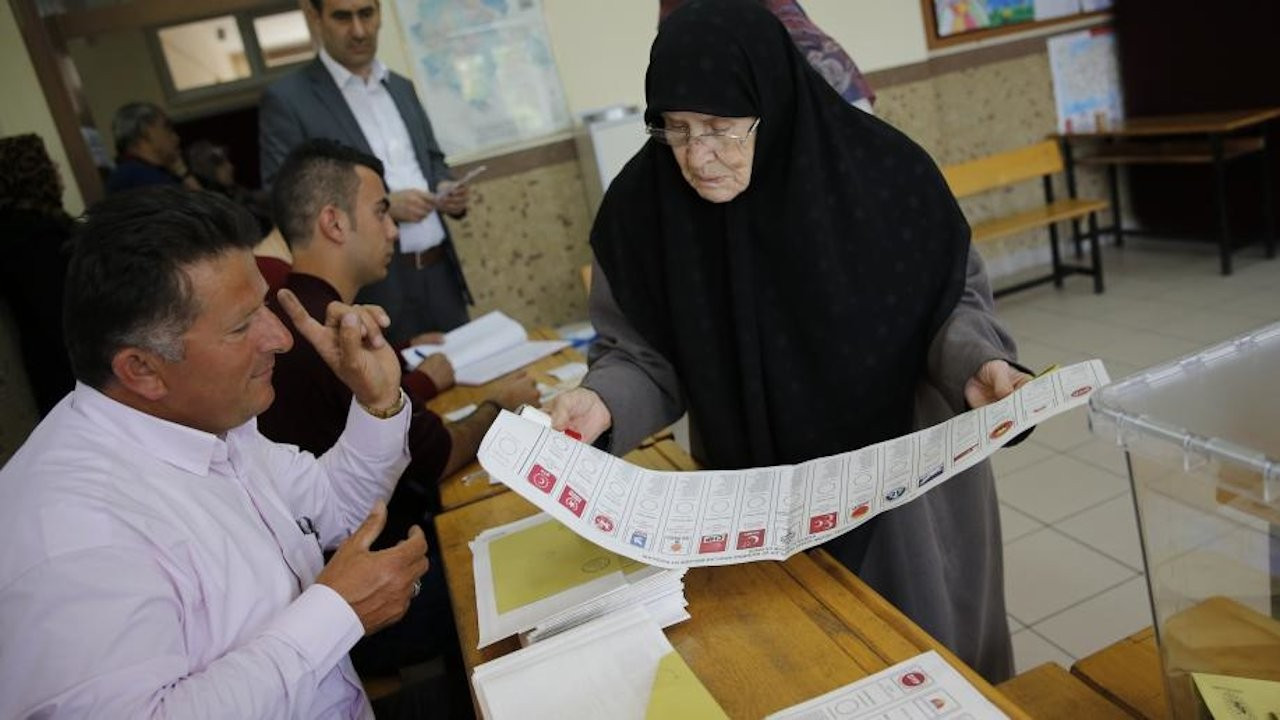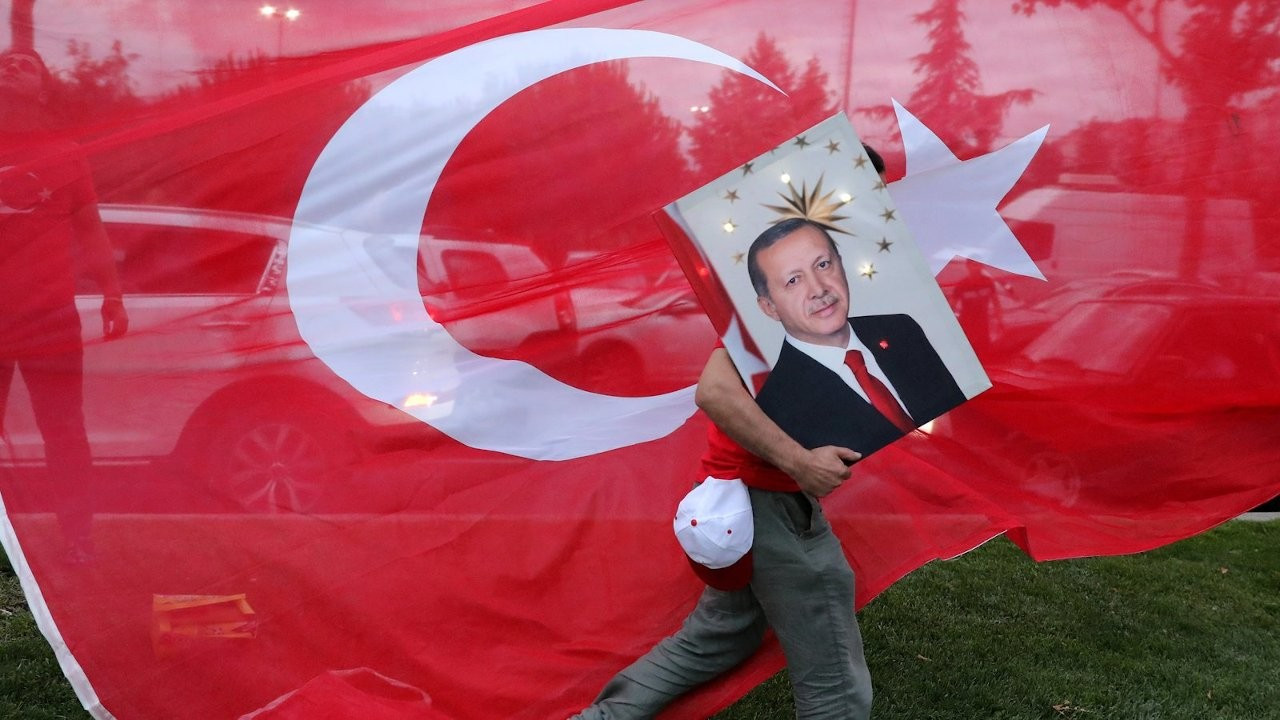Only three parties above 10 percent electoral threshold, poll shows
A recently conducted survey showed three parties attracting more than 10 percent of votes - the minimum threshold needed to enter parliament. It put support at 36 percent for the ruling AKP, 29 percent for the main opposition CHP, 10.4 percent for the HDP. The survey also showed that combined public support for the AKP and its far-right ally MHP has fallen to 44 percent.
Duvar English
If parliamentary elections were held today in Turkey, only three political parties would exceed the 10 percent election threshold, according to a recent survey conducted by Sosyo Politik Research Center.
The survey put the support at 36 percent for the ruling Justice and Development Party (AKP), 29 percent for the main opposition Republican People's Party (CHP) and 10.4 percent for the Peoples' Democratic Party (HDP).
The İYİ (Good) Party and Nationalist Movement Party (MHP) would each garner less than 10 percent of the votes, the results showed.
The survey was conducted between Feb. 15-19 in Turkey's 18 provinces through face-to-face interviews and telephone calls.
People's Alliance between the AKP and MHP would receive a combined 44 percent of the votes, according to the survey. The AKP-MHP alliance needs a parliamentary majority to make constitutional changes.
Three AKP officials told Reuters last week that the party is considering changes to electoral laws which could rescue its prospects in elections due to be held by 2023.
For the first time, pollsters say, disenchanted supporters who drifted away from the AKP appear unlikely to be won back.
Three AKP sources who spoke on condition of anonymity said that plans included dividing large urban electoral districts into smaller constituencies, changes which one party official said could significantly boost the number of AKP lawmakers.
They could also cut the threshold for entering parliament - currently at 10 percent of votes, one of the highest in the world - to 7 percent, a move that would reassure Erdoğan’s nationalist partners.
A 7 percent barrier would still be high enough to bar the breakaway Future and DEVA parties, both polling around 2 percent, from entering parliament unless they were part of a larger alliance.

 Erdoğan 'inclined to decrease election threshold to 7 percent'Politics
Erdoğan 'inclined to decrease election threshold to 7 percent'Politics AKP 'plans to weaken opposition parties by cutting Treasury aid'Politics
AKP 'plans to weaken opposition parties by cutting Treasury aid'Politics